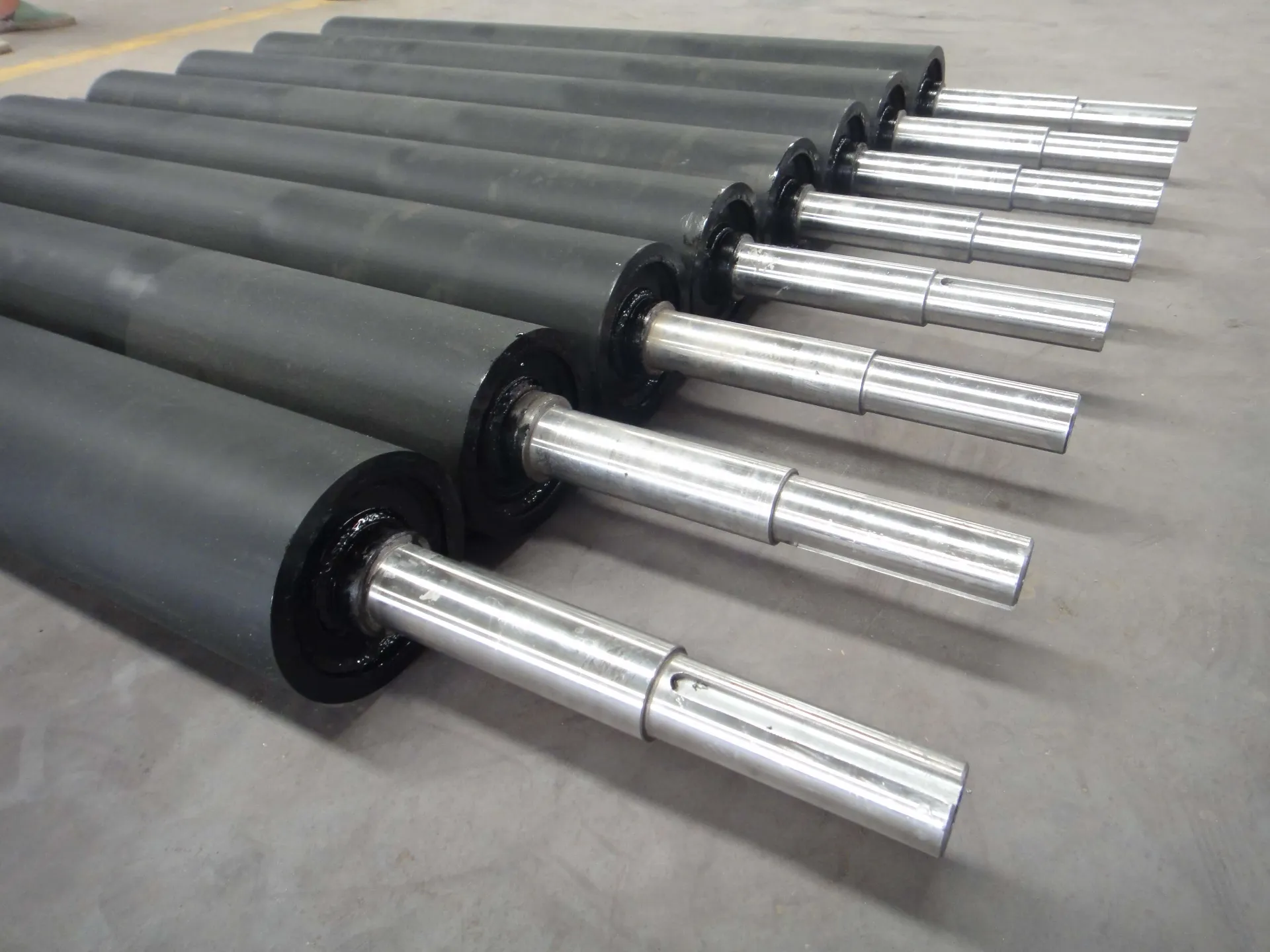 Afrikaans
Afrikaans  Albanian
Albanian  Amharic
Amharic  Arabic
Arabic  Armenian
Armenian  Azerbaijani
Azerbaijani  Basque
Basque  Belarusian
Belarusian  Bengali
Bengali  Bosnian
Bosnian  Bulgarian
Bulgarian  Catalan
Catalan  Cebuano
Cebuano  Corsican
Corsican  Croatian
Croatian  Czech
Czech  Danish
Danish  Dutch
Dutch  English
English  Esperanto
Esperanto  Estonian
Estonian  Finnish
Finnish  French
French  Frisian
Frisian  Galician
Galician  Georgian
Georgian  German
German  Greek
Greek  Gujarati
Gujarati  Haitian Creole
Haitian Creole  hausa
hausa  hawaiian
hawaiian  Hebrew
Hebrew  Hindi
Hindi  Miao
Miao  Hungarian
Hungarian  Icelandic
Icelandic  igbo
igbo  Indonesian
Indonesian  irish
irish  Italian
Italian  Japanese
Japanese  Javanese
Javanese  Kannada
Kannada  kazakh
kazakh  Khmer
Khmer  Rwandese
Rwandese  Korean
Korean  Kurdish
Kurdish  Kyrgyz
Kyrgyz  Lao
Lao  Latin
Latin  Latvian
Latvian  Lithuanian
Lithuanian  Luxembourgish
Luxembourgish  Macedonian
Macedonian  Malgashi
Malgashi  Malay
Malay  Malayalam
Malayalam  Maltese
Maltese  Maori
Maori  Marathi
Marathi  Mongolian
Mongolian  Myanmar
Myanmar  Nepali
Nepali  Norwegian
Norwegian  Norwegian
Norwegian  Occitan
Occitan  Pashto
Pashto  Persian
Persian  Polish
Polish  Portuguese
Portuguese  Punjabi
Punjabi  Romanian
Romanian  Russian
Russian  Samoan
Samoan  Scottish Gaelic
Scottish Gaelic  Serbian
Serbian  Sesotho
Sesotho  Shona
Shona  Sindhi
Sindhi  Sinhala
Sinhala  Slovak
Slovak  Slovenian
Slovenian  Somali
Somali  Spanish
Spanish  Sundanese
Sundanese  Swahili
Swahili  Swedish
Swedish  Tagalog
Tagalog  Tajik
Tajik  Tamil
Tamil  Tatar
Tatar  Telugu
Telugu  Thai
Thai  Turkish
Turkish  Turkmen
Turkmen  Ukrainian
Ukrainian  Urdu
Urdu  Uighur
Uighur  Uzbek
Uzbek  Vietnamese
Vietnamese  Welsh
Welsh  Bantu
Bantu  Yiddish
Yiddish  Yoruba
Yoruba  Zulu
Zulu Understanding the Benefits and Applications of Polyurethane Rollers in Various Industries
The Versatility and Application of Polyurethane Rollers
Polyurethane rollers have emerged as a vital component across various industries, thanks to their unique properties and adaptability. These rollers, crafted from polyurethane—a synthetic polymer known for its elasticity and durability—offer a wide range of benefits that make them ideal for multiple applications, from manufacturing to automotive and even recreational uses.
One of the most significant advantages of polyurethane rollers is their excellent wear resistance. Compared to traditional materials like rubber or plastic, polyurethane exhibits superior durability, allowing it to withstand heavy loads and extended usage without significant wear and tear. This resistance to abrasion makes polyurethane rollers particularly useful in environments where conventional materials might fail due to friction and mechanical stress.
In addition to wear resistance, polyurethane rollers boast remarkable shock absorption qualities. This attribute is essential in industries where the handling of delicate or fragile materials occurs. For instance, in packaging and printing applications, using polyurethane rollers can reduce the risk of product damage while ensuring smooth and efficient material handling. Furthermore, their ability to conform to the surface of various products enhances grip, allowing for improved operational efficiency.
Another key feature of polyurethane rollers is their versatility in terms of hardness. Polyurethane can be formulated to attain varying degrees of hardness, ranging from soft and flexible to hard and rigid. This flexibility in design allows manufacturers to produce rollers tailored to specific applications, thereby optimizing performance. For example, softer rollers may be used in applications where gentle handling is required, whereas harder rollers are suitable for heavy-duty tasks involving substantial weight and pressure.
polyurethane roller

Polyurethane rollers are also resistant to a wide array of chemicals, including oils, fuels, and solvents. This property is particularly beneficial in automotive and industrial settings, where exposure to harsh substances is common. The resistance to chemical degradation not only extends the life of the rollers but also reduces the need for frequent replacements, ultimately lowering maintenance costs for businesses.
Moreover, polyurethane rollers can be engineered to accommodate varying environmental conditions. They can be produced to withstand high temperatures, excessive moisture, and even UV exposure, making them suitable for both indoor and outdoor applications. This durability ensures that businesses can rely on these rollers in diverse settings, from production floors to outdoor logistics and warehousing.
In the realm of customization, polyurethane rollers can be designed in various shapes, sizes, and colors, allowing companies to create products that meet their exact specifications. This adaptability is particularly beneficial for industries that require specialized equipment, as it enables the development of unique rollers that enhance overall efficiency.
The recycling and sustainability aspect of polyurethane also deserves mention. With increasing environmental concerns, many manufacturers are now focusing on the production of eco-friendly polyurethane rollers. These can be formulated to be recyclable or made from recycled materials, thus minimizing the environmental footprint while maintaining performance and durability.
In conclusion, polyurethane rollers are a cornerstone in numerous industrial applications due to their excellent wear resistance, shock absorption, and versatility. They cater to the diverse needs of various sectors by providing customizable solutions that enhance efficiency and productivity. As technology continues to evolve and more industries recognize the benefits of using polyurethane, the demand for these innovative rollers is expected to rise. Whether in manufacturing, transportation, or even leisure activities, polyurethane rollers will undoubtedly remain an essential component in the machinery of modern industries.
-
Revolutionizing Conveyor Reliability with Advanced Rubber Lagging PulleysNewsJul.22,2025
-
Powering Precision and Durability with Expert Manufacturers of Conveyor ComponentsNewsJul.22,2025
-
Optimizing Conveyor Systems with Advanced Conveyor AccessoriesNewsJul.22,2025
-
Maximize Conveyor Efficiency with Quality Conveyor Idler PulleysNewsJul.22,2025
-
Future-Proof Your Conveyor System with High-Performance Polyurethane RollerNewsJul.22,2025
-
Driving Efficiency Forward with Quality Idlers and RollersNewsJul.22,2025





























